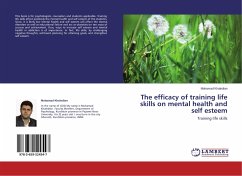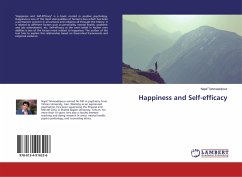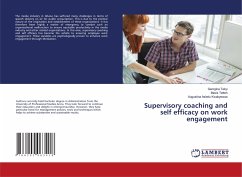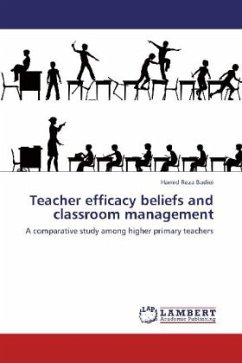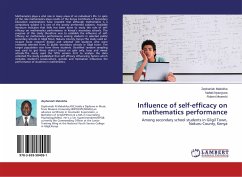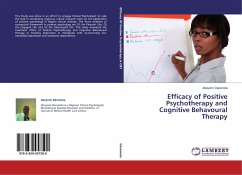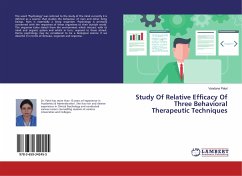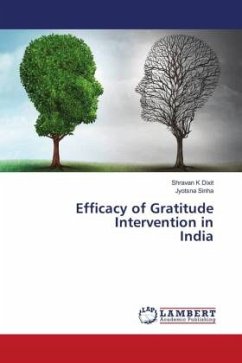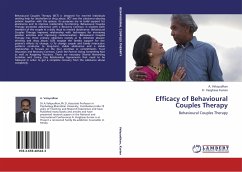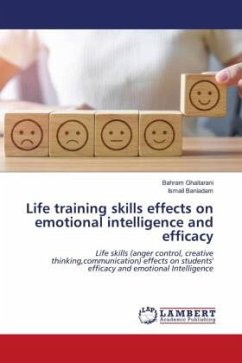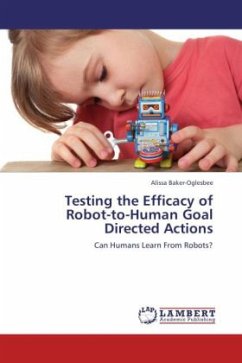
Testing the Efficacy of Robot-to-Human Goal Directed Actions
Can Humans Learn From Robots?
Versandkostenfrei!
Versandfertig in 6-10 Tagen
32,99 €
inkl. MwSt.

PAYBACK Punkte
16 °P sammeln!
Research tells us that humans learn motor actions optimally when they are modeled by a another human being. As robotic technology expands into more areas of our lives, we must question where the limitations of human-robotic interaction lie. In this study, the ability for humans to learn motor actions from robots is tested. The philosophical theory of embodiment is given special theoretical consideration to conceptually frame the function of the motor area of focus, the mirror neuron system. Can we embody robotic actions as effectively as we embody human actions?



